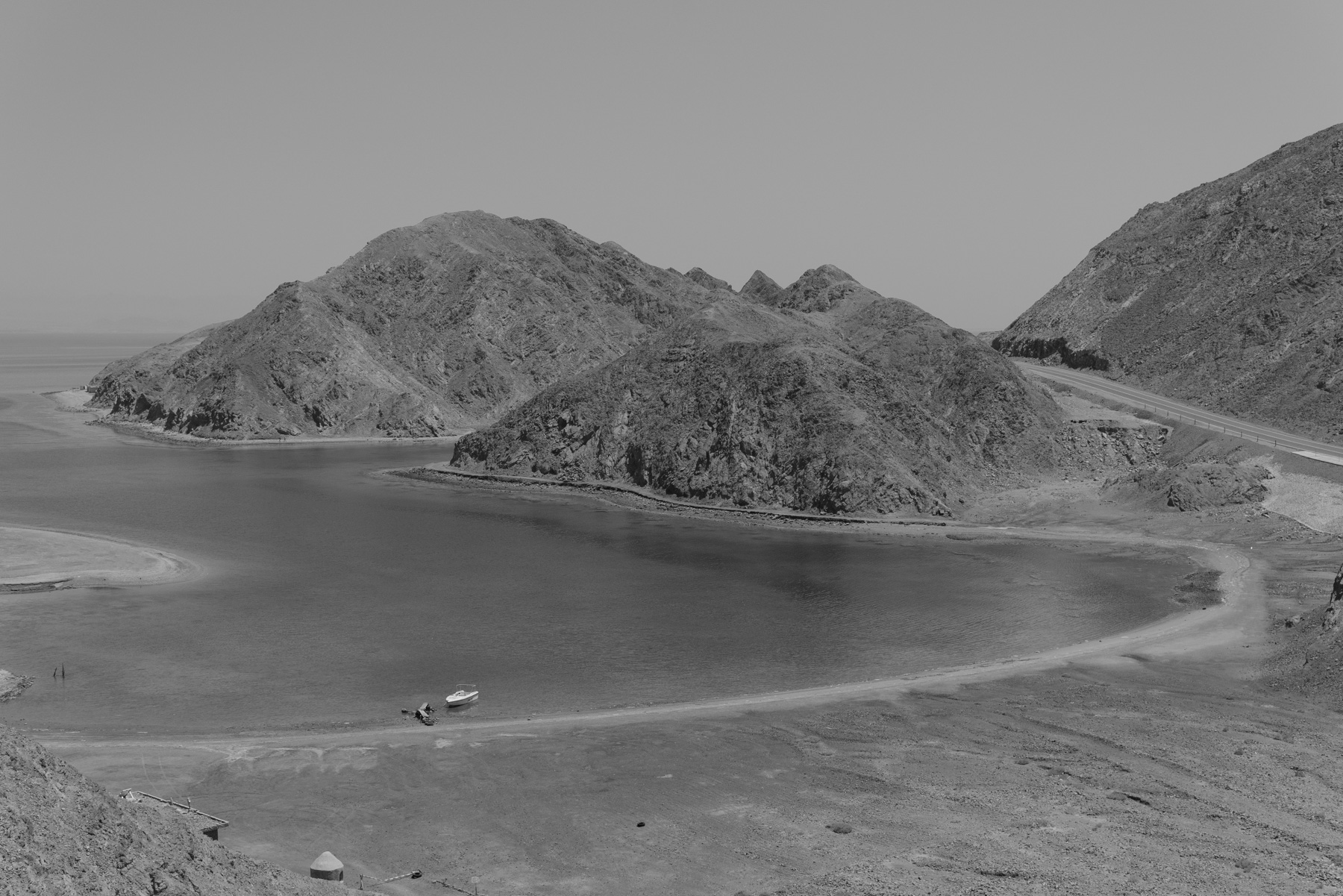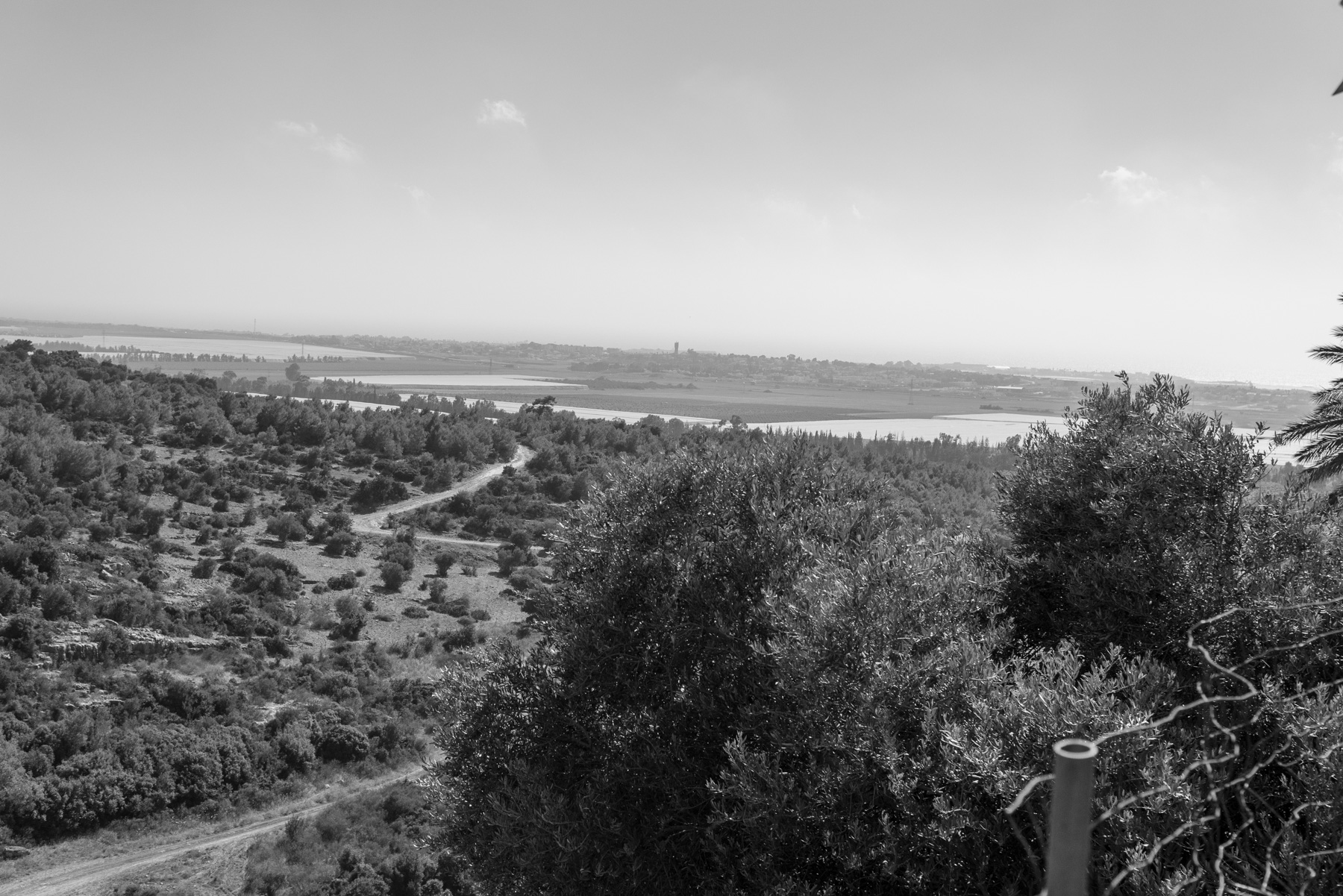
Inheritance
A Story in Three Chapters
By Nabil Harb
Both of my parents are Palestinians whose families come from different parts of our diverse society. My mother’s family is and always has been from Nazareth. They are well-educated city folk who kept diaries, wrote and published books, drove cars, and meticulously recorded their lineage on a family tree. The city of Nazareth stands out in the contemporary history of Palestine because, thanks in part to the last-minute decision of a Canadian-Israeli commander in the Israeli Occupation Forces, it was not depopulated during and after the Nakba in 1948. Many other Palestinian villages and cities suffered a much worse fate, becoming the sites of massacres and mass-expulsions when Zionist forces invaded. Word spread about Nazareth’s unique circumstance and many Palestinians fled to the city, and this is how my father’s family arrived to Nazareth. Hailing originally from the village of Silwad in what is now known as the West Bank, my grandfather left behind more than half of his family and brought my grandmother and their children to this safe haven. The Silwadi side of my family was not educated in the traditional sense, having always preferred the lessons taught by a scrape on the knee, the swift kick of a donkey, or the sting of a nettle improperly removed from the garden. Their stories about one another and our lineage are shared in huddles outside over coffee or at dinner with the extended family. A chunk of lamb flies from my uncle’s mouth as he’s telling me about the Israelis who wouldn’t pay him for his work in 1988 or how his cousin beat him up over a girl in 1967.
I’ve been writing my own record of the stories and experiences shared with me by my father and others from his side of the family. This first short story here is part one in a series of three installments for Three Fold, where I delve into particular moments in our family’s history, accompanied by photographs made during my last extended trip to our homeland in 2018. These stories jump across time to consider the cleaving and suturing of our communities and our lands, bringing a wider historical scope to the history of our people. I want to think about how, in defiance of all the forces meant to eradicate and contain us, we always return to our landscape and to one another.

Chapter One
1892
Single-file they dragged their feet across Palestine and the Sinai, stomachs empty, following a path headed to northern Egypt. “Marched,” my great-grandfather Hasan would clarify. “Our battalion marched along the Mediterranean and into Egypt.”
The truth was that, on one cold and particularly rainy morning in early 1892, Ottoman forces stormed the Palestinian village of Silwad in search of boys to kidnap and put to work. They preferred teenagers for their physical resilience, their ability to heal from injuries relatively faster than the older men, and for the years of work they hoped to extract from them. So, Hasan, only thirteen at the time, his brothers, cousins, and other boys from villages nearby were rounded up into a “battalion,” the freezing rain running down their heads and backs, and taken from their homes to dig tunnels and pave roads for the Ottoman Empire in Egypt.
This “march,” as Hasan would insist, began westward toward the sea. Off and on it rained for the two days it took them to journey across Palestine until they reached the coast. With every step his shoes gathered mud, and during the breaks in the storm they would dry and harden, covering the brown leather shoes his mother bought for him in Nazareth the year prior. Forbidden from stopping to clean himself off, the process repeated: clay accumulating around his feet, layering earth on earth until little bricks formed, leaving only cracks where his laces used to be. Hasan’s body weight wearily pressed the land onto itself, mud building up and up around his ankles, sinking in reverse, as he “marched” into Gaza.
“We’re a battalion from Silwad,” Hasan proclaimed to a woman (who hadn’t asked) when they finally arrived in Gaza. She had been staring at the group of young boys, growing more suspicious when she noticed their starving eyes, as she prepared bread at her stall. She was a Circassian refugee who became a travelling baker to support her family soon after fleeing to Palestine, only narrowly escaping genocide at the hands of the Russians. This woman spoke no Arabic so she did not understand his words, but was put off by the childish and confused sense of pride that he displayed in the hopes that it might coax a bit of generosity out of her. She turned away to tend to her bread.
Hasan gestured, pointing to his stomach and then to her bread. It was clear he had nothing with which to pay or trade, so she put her hand up, refusing his ill-fated attempt at an exchange, and turned again to her work. She was nothing like his local baker from Silwad, the charitable Abu Kamel, and was totally uninterested in his circumstances. This “battalion” meant nothing beyond what she was observing right in front of her: the arm of a depleted, dying Empire. She saw this group of child laborers for what they were when these young boys wouldn’t, or didn’t want to, see it for themselves. So just like anyone else, if they had nothing to give, they got no bread.
Lying on a boulder protruding from the ground nearby, still damp from the rain and feet throbbing, Hasan dreamt of home. It had only been two days but it felt like so much longer. He missed the raisins and preserved figs his aunt would bring to their house. He remembered the feeling of sugar coating his tongue. He saw the tomatoes in his father’s garden that grew and grew until the vine would slouch under the weight of its own fruit. Now that the sun was out, he imagined that his mother was drying those tomatoes on the front porch as she had many times before. He longed desperately for Abu Kamel’s bread and the way it would balloon in the oven right before it was perfectly baked and ready to sell, almost too hot to touch, steam bursting from its interior cavern. He fantasized that he could shrink down to crawl inside the bread like it was a cave, traversing the nostalgic terrain of glutinous stalactites and saturating himself in its aroma. Hasan’s stomach turned on itself.

He peeled himself from the rock, sat up and made a plan. Since he didn’t have much to begin with, it was an easy decision; he would give this woman his underwear in exchange for her bread. Hasan needed everything else and couldn’t bear to part with his shoes. Using the boulder for cover, he disrobed as discreetly as he could. He stared at the surface of the stone and watched the wet outline of his body evaporate as it heated in the sun. Eyes fixed, his mind slipped back into his fantasies of food as he rushed to put his pants and shoes back on.
Hasan let the others in on his idea and one by one the boys from Silwad followed suit. Every boy was fully clothed, thanks to their mothers, those loving and watchful Silwadi mothers, who always made sure their children left the house fed, dressed, and prepared. Now these women were two days into their own journey of anguish and grief. The boys thought of their mothers as they handed over their underwear to the stranger, each with a twinge of shame. Hasan finished his bread before the third boy in line made the trade to receive his.
Hasan realized he had no clue when he’d see his family again. His damp outline on the boulder had disappeared, and he returned to lay back and make another. Homesickness metastasized from the pit of his stomach and spread into his limbs. He looked up towards the sky to watch the birds flying overhead. He felt the weight of his chest rise and fall with each breath and his back relaxed into the rock. The air smelled clean after the rain. The other boys came and sat around him, leaning against the boulder and one another, waiting for their captors to tell them what to do, where to go, what their future may hold. The survivors of this group of stolen boys wouldn’t return home to see their families until 1914, when the Ottoman Empire lost Egypt to the British.
The taste of bread left the mouths of this huddle, one by one, as they settled into the reality that they would have to overcome this alone.
Nabil Harb (b. 1992) is a Palestinian American artist born and raised in Central Florida.
Read: Inheritance, Chapter Two in our spring 2024 issue
Read: Inheritance, Chapter Three in our summer 2024 issue
Lead image: Sinai, 2018
Fig. 2: Valley, 2018
Fig. 3 Pomegranate Bush, 2018
Read next: To Bulldoze a Cemetery by Ayanna Dozier